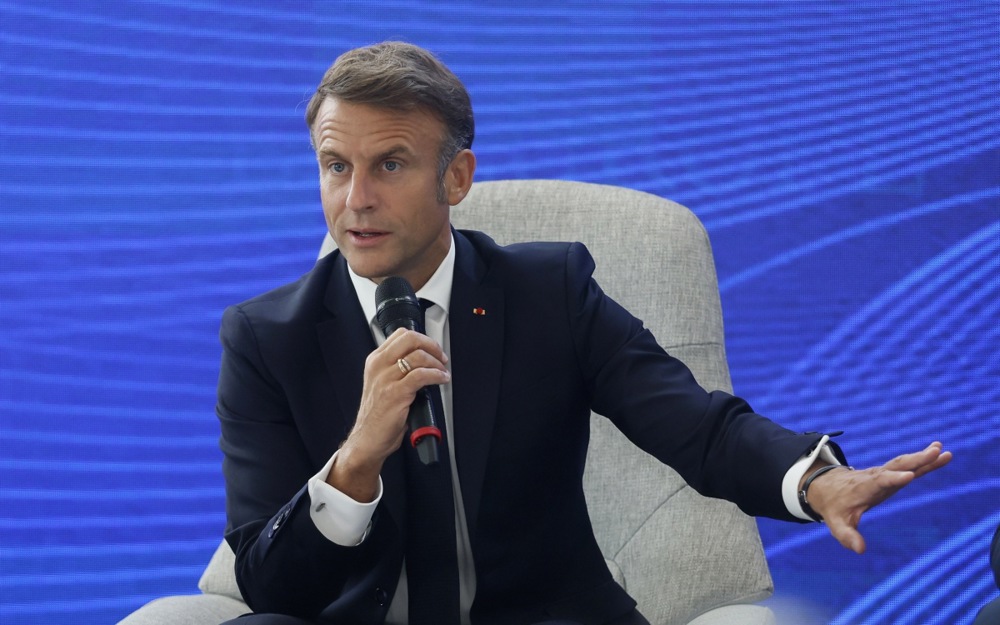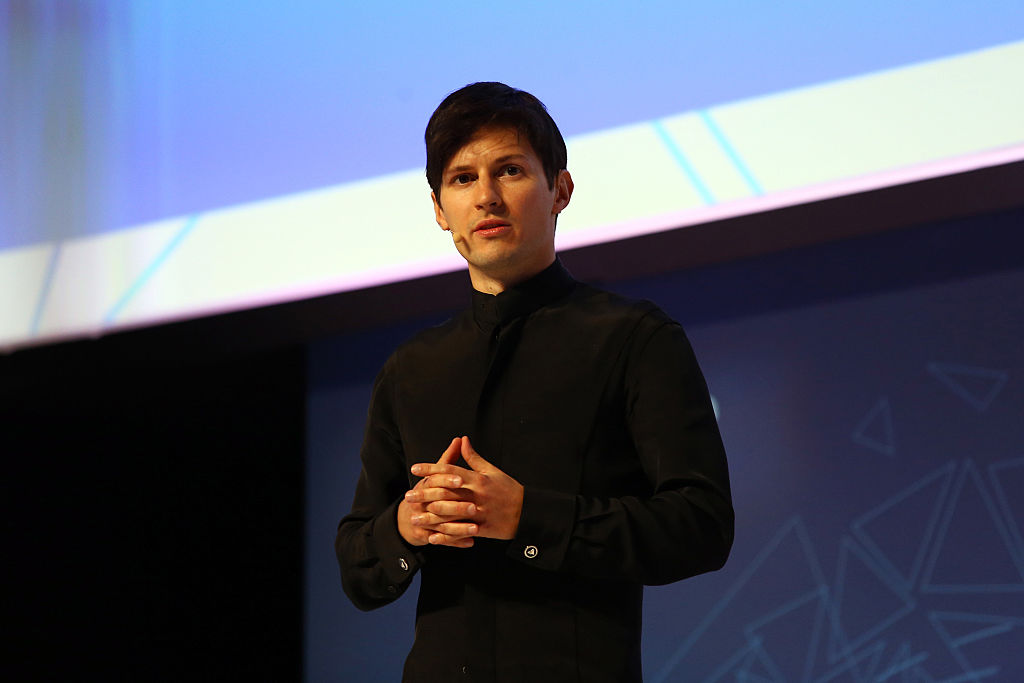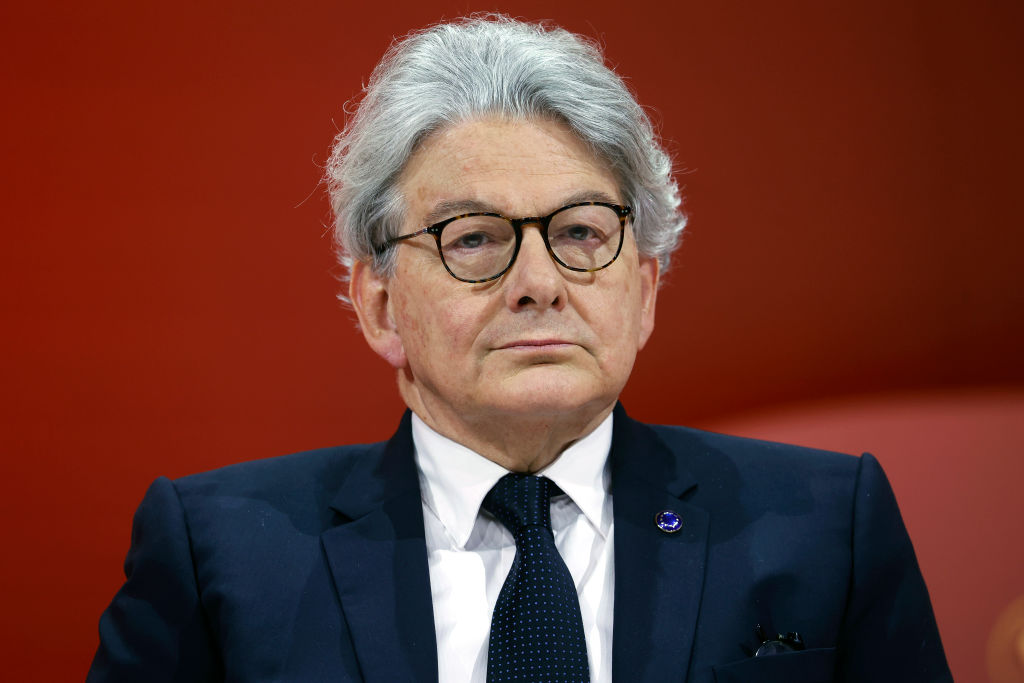Overregulation of artificial intelligence in the European Union has given Russia’s technology sector an advantage, a leading Russian banking executive argued.
Alexander Vedyakhin, deputy head of the majority state-owned Sberbank, expressed confidence his country could soon become a global trailblazer in the AI sector.
Both EU and Chinese governments were putting too many obstacles in the way of AI developers, Vedyakhin told Reuters on December 12.
Russia would be taking a different approach, he said.
“If we deprive our scientists and major corporations of the right to experiment now, it will halt the development of technology. As soon as bans appear, we may start losing the race in artificial intelligence,” said Vedyakhin.
“Here, people are not punished for experimenting. If some mistakes occur, it is not something terrible with serious consequences,” he said.
“The longer we maintain this, the more chances Russia has to be among AI technology leaders,” added Vedyakhin.
Russia developing its own AI sector was now also necessary for security reasons, Vedyakhin argued, since Moscow must overcome international sanctions.
It needed to work on developing its own high-end large language models (LLMs) to maintain its strategic independence, he said.
“I am confident that Russia can significantly improve its current positions in international rankings by 2030 through its own developments and supportive regulation in the field of generative AI,” said the deputy CEO.
The West’s “sanctions were aimed at limiting Russia’s computing power, but we are trying to compensate for the shortage with our talented scientists and engineers,” he said.
“I believe that any country that sees itself as independent on the world stage should have its own large language model,” he added.
The senior banker’s comments followed a wave of criticisms of the EU’s AI act.
Politicians and technology experts have warned these controls, which aimed to make the technology safe within Europe, would also render the EU uncompetitive internationally.
Europe should focus on developing its own brand of artificial intelligence (AI) and leave the issue of its regulation for later, French President Emmanuel Macron has said. https://t.co/obl4S4FwEm
— Brussels Signal (@brusselssignal) September 2, 2024





